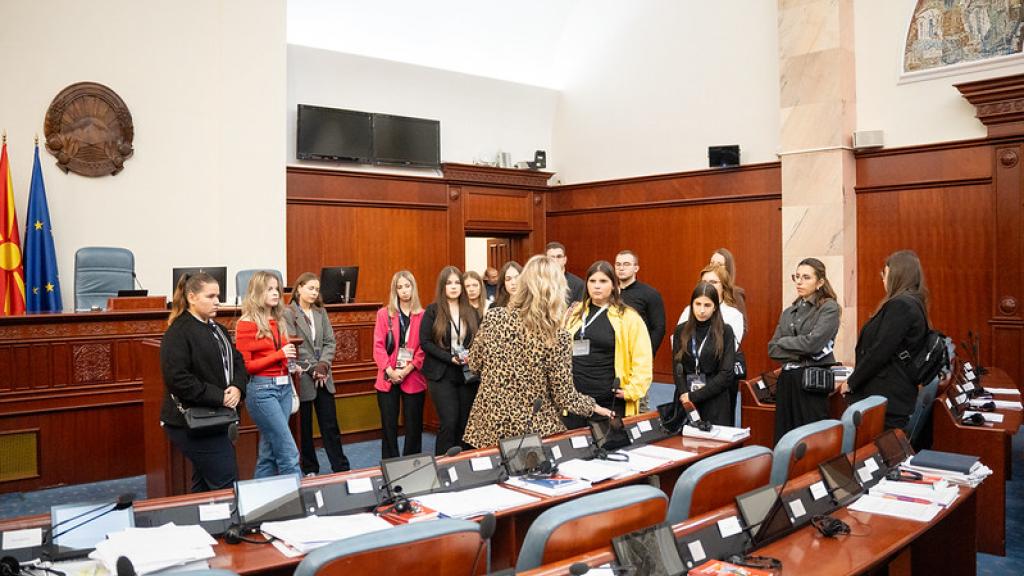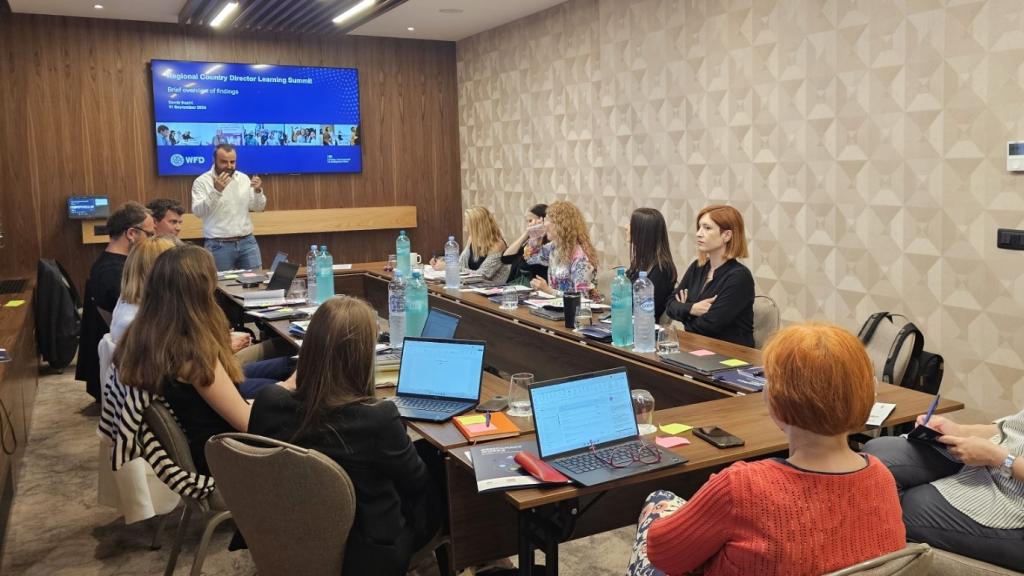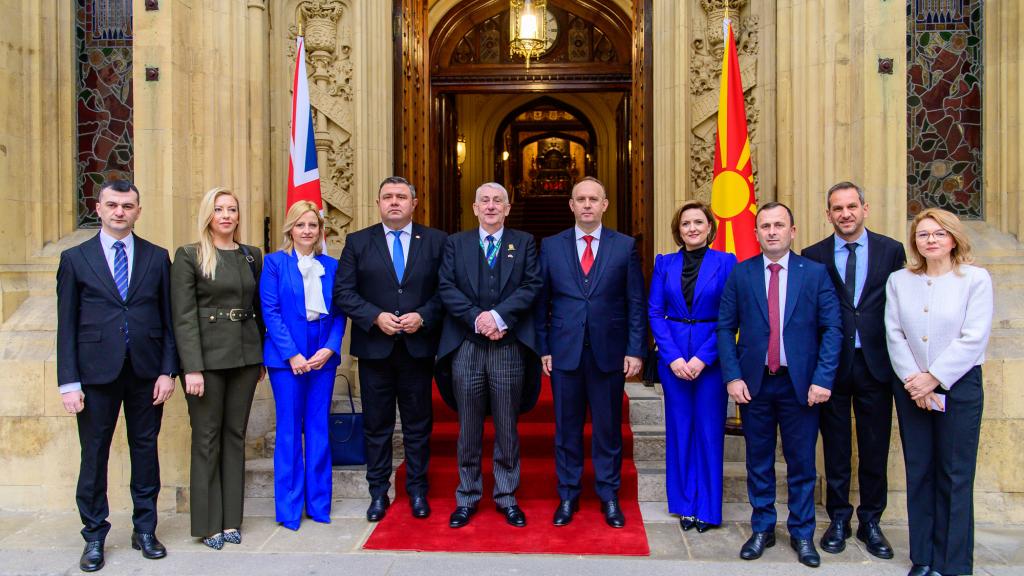It is not a surprise that the cost of entering and dealing with politics has reached the ceiling for what has been traditionally called a typical political party electoral campaign. In a world in which the media plays a crucial role in the promotion and vilification of politicians and political parties, the so-called ‘incestuous’ link between politics and the media has nurtured many hidden and semi-disclosed expenses. On the other hand, efforts have been made to strengthen the control of money spending and other types of corruptible and clientelistic behaviour by political parties. But the success, in terms of reining in the unlawful or semi-lawful behaviour, has been modest, to say the least.
Political parties invent various forms of legal (or at least, not illegal) financing of their campaigns, or simply do not get sanctioned for their seemingly unlawful financial activities. The legislative framework has been improved, but it does not entirely solve the problem. Political culture and political and electoral systems play a significant role in disguising the non-transparent financial activities of political parties. The level of democratic development, freedom of speech and freedom of media are also part of the mosaic. Democracies in tatters struggle more to control political parties’ expenditures than the more developed liberal democracies.
As political campaigns have grown more and more competitive, there is a substantial amount of evidence that, in countries with weak institutions and flawed checks and balances, state resources are being diverted to fund incumbent candidates and that potential new candidates or smaller parties are being excluded from the electoral process. On the other hand, political parties remain highly centralised institutions in which selection processes are dominated by a small entrenched elite. This ensures that all party processes and nominations remain excessively monopolised by the parties’ patrons. Furthermore, studies show that, across Europe, a large majority of citizens believe that their political parties are corrupt or extremely corrupt. These tendencies might lead us to the unknown and slippery field of murky politics, barriers to entry for new political parties and movements, and excessiveness in money spending that, in the end, deviate from the basic principles of democratic representation.





